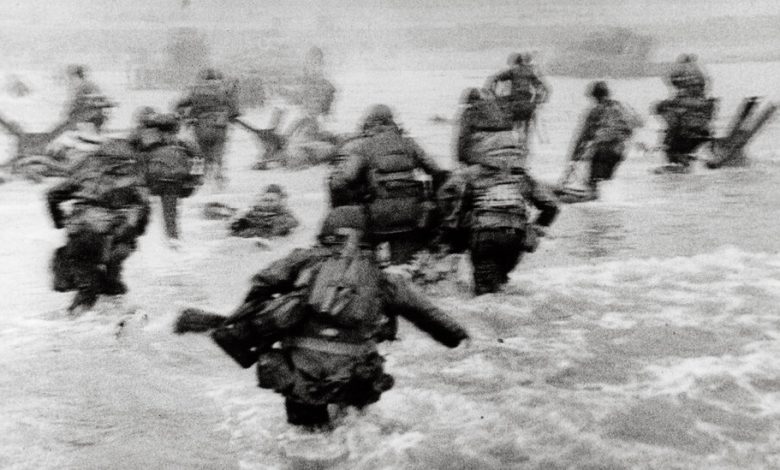Mitch McConnell: We Cannot Repeat the Mistakes of the 1930s

On this day in 1944, the liberation of Western Europe began with immense sacrifice. In a tribute delivered 40 years later from a Normandy cliff, President Ronald Reagan reminded us that “the boys of Pointe du Hoc” were “heroes who helped end a war.” That last detail is worth some reflection because we are in danger of forgetting why it matters.
American soldiers, sailors, airmen and Marines joined allies and took the fight to the Axis powers not as a first instinct, but as a last resort. They ended a war that the free world’s inaction had left them no choice but to fight.
Generations have taken pride in the triumph of the West’s wartime bravery and ingenuity, from the assembly lines to the front lines. We reflect less often on the fact that the world was plunged into war, and millions of innocents died, because European powers and the United States met the rise of a militant authoritarian with appeasement or naïve neglect in the first place.
We forget how influential isolationists persuaded millions of Americans that the fate of allies and partners mattered little to our own security and prosperity. We gloss over the powerful political forces that downplayed growing danger, resisted providing assistance to allies and partners, and tried to limit America’s ability to defend its national interests.
Of course, Americans heard much less from our disgraced isolationists after the attack on Pearl Harbor.
Today, America and our allies face some of the gravest threats to our security since Axis forces marched across Europe and the Pacific. And as these threats grow, some of the same forces that hampered our response in the 1930s have re-emerged.
